As Delabole windfarm, Cornwall – and the UK’s – first commercial windfarm, celebrates its 25th anniversary, Cornwall Council is continuing to lead the way in the development of renewable energies and the transition to a low carbon world.
Cornwall is well known for its abundant natural resources, including wind, solar, biomass, hydro, geothermal and marine, that lend themselves to generation of clean sources of energy.
Over the past four years the Council has worked with partners to introduce a range of innovative and ground breaking projects designed to make the most of these natural resources for the benefit of residents, communities and the local economy.
As a result of these initiatives Cornwall now produces around 32% of the electricity required to light its homes and run its businesses from renewable energies such as solar and wind power.
Approximately a quarter of this energy generation is owned locally by individuals, businesses, communities, farmers and land owners. These renewables also provide around £10 million in community benefit contributions which are available to fund initiatives such as increasing energy efficiency in homes or improvements to local parks.
Specific Cornwall Council led projects include:
- Solar energy – Cornwall became the first local authority in the country to develop our own solar farm. We now produce 8MW of solar PV and have inspired other local authorities as well as our own communities. Today, more than 5,000 Cornish residents actively support or want to invest in community energy.
- Community energy – Cornwall Council established a £2.5 million loan fund to support local communities to set up their own renewable energy projects. So far more than 1MW has been installed using the fund – generating enough power for more than 420 Cornish homes and providing a source of funding for a range of community initiatives. We also created the UK’s first local planning framework for community energy projects and provide nationally recognised community energy advice for Neighbourhood Plans.
- Electric cars –Government funding was secured to create the most comprehensive electric vehicle charging network in rural Europe, with charging points installed at 26 locations across Cornwall.
- Enterprise Zones – the Coucnil worked with the Government and other partners to develop a new marine energy Enterprise Zone to help attract millions of pounds of investment from the marine sector into Cornwall.
- Wave Hub – a deal was successfully concluded to transfer the Wave Hub from the Government. Wave Hub provides a fully grid-connected wave energy site located approximately ten miles off the north coast of Cornwall and, together with the Marine Renewables Business Park in Hayle, offers an exceptional opportunity to attract international inward investment to Cornwall and support local device developers and the supply chain
- Jubilee Pool – Cornwall Council worked with partners to secure £1.4 million of European funding (with £355k private sector match funding) for a ground breaking project to heat a section of the seawater lido in Penzance with clean, natural energy from a geothermal well, enhancing what is already a unique experience to attract even more visitors and extend the pool’s opening times.
- Cornwall Together –the development of the UK’s first whole area collective energy switch initiative. This project is now saving local residents more than £500k on their energy bills and has seen £3 million invested in treating 1,700 homes.
- Warmer homes – The Council worked with partners, including Public Health colleagues, to develop the Park Homes and Winter Wellbeing schemes. These schemes have made energy improvements to nearly 1,200 homes across Cornwall saving 503 hospital admissions.
- A smarter future – the Smart Cornwall delivery plan was created to show how Cornwall can become a leader in the innovation that is needed to create an energy system that is fit for the future.
So what of the future?
As part of the Devolution Deal for Cornwall, the Council says it has instigated a number of new projects that are designed to create a local energy system for Cornwall – one that keeps more of the value of our energy system in Cornwall.
As part of this work, it is working with the Government and energy experts to develop an Energy Storage Masterplan to tackle the constraints on the electricity grid, using solutions that will benefit Cornwall.
As well as cutting energy bills and generating more money for local communities who produce their own energy, the Council says this will help remove some of the constraints that are currently impacting on the future of our low carbon economy.
Building on the Smart Cornwall delivery plan, European funding has been secured for two projects which will help to create a local energy market in Cornwall and enable residents, communities and businesses to benefit from more local ownership of renewable energy and the ability to supply the power they generate to local consumers. Taken together, these projects represent a total investment of approximately £25 million.
There is also ongoing work with partners to create a new deep geothermal industry in Cornwall –using the ‘hot dry rocks’ deep beneath our feet to provide heat and power for local businesses.
Supported by European funding, this exciting new “mining for heat industry” will potentially provide 24/7 clean electricity and heat to homes and businesses as well as delivering affordable low carbon heat to attract industries with high heat demand, such as agriculture and horticulture. This, the Council claims, will create new jobs in Cornwall and help local businesses produce goods that are currently imported from outside of the Duchy.
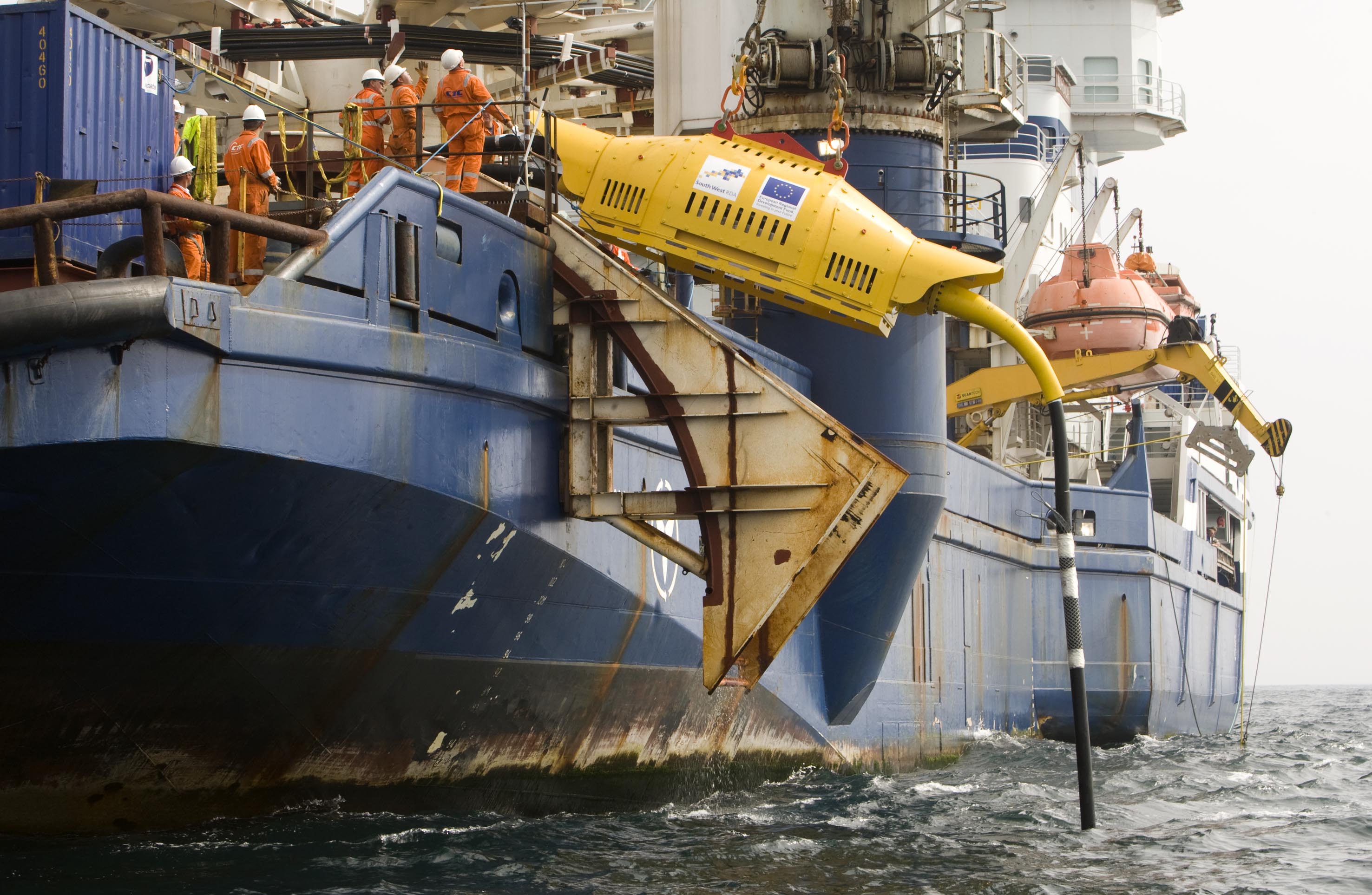
Alongside the transfer of Wave Hub into Council ownership, European funding has bene secured to bring forward the new technologies that will generate electricity from Cornwall’s waves. This has culminated in a successful bid from Carnegie Wave Energy Limited for £9.5 million of European investment (which it will match with approximately £5 million), to deploy the first commercial-scale wave array off the Cornish coast.
The Council insists it is not just the generation and distribution of energy that is important to Cornwall. The efficiency of our homes is also critically important. It says the Devolution Deal gives us the opportunity to start to reverse trends in fuel poverty and excess winter illness (which is partly attributable to cold, damp homes), by enabling a pilot of a local referral system which will open up access to ECO (the national energy efficiency programme) for those that need it most.
“Cornwall has long been a pioneer in low carbon energy,” says Julian German, the Council’s cabinet member for economy and culture.
“25 years ago we were at the forefront of the emergence of commercial wind energy. With funding available to support deep geothermal and control over the world’s foremost wave energy testing device, Wave Hub, Cornwall remains firmly at the forefront of clean energy innovation.
“But it is not just renewable energy technologies that are important to Cornwall. Cornwall’s energy system has to work for Cornish people. That is why we are also supporting community energy and why Cornwall is a place where smart energy tools are being piloted”
“But, while we recognise these significant successes, we believe we can do even more to maximise the benefits of renewable energy for residents and Cornwall’s economy. Our Devolution Deal is the first of its kind in the country to include a set of commitments on energy which are designed to bring about the changes we need to ensure that Cornwall gets the most out of its energy system.”


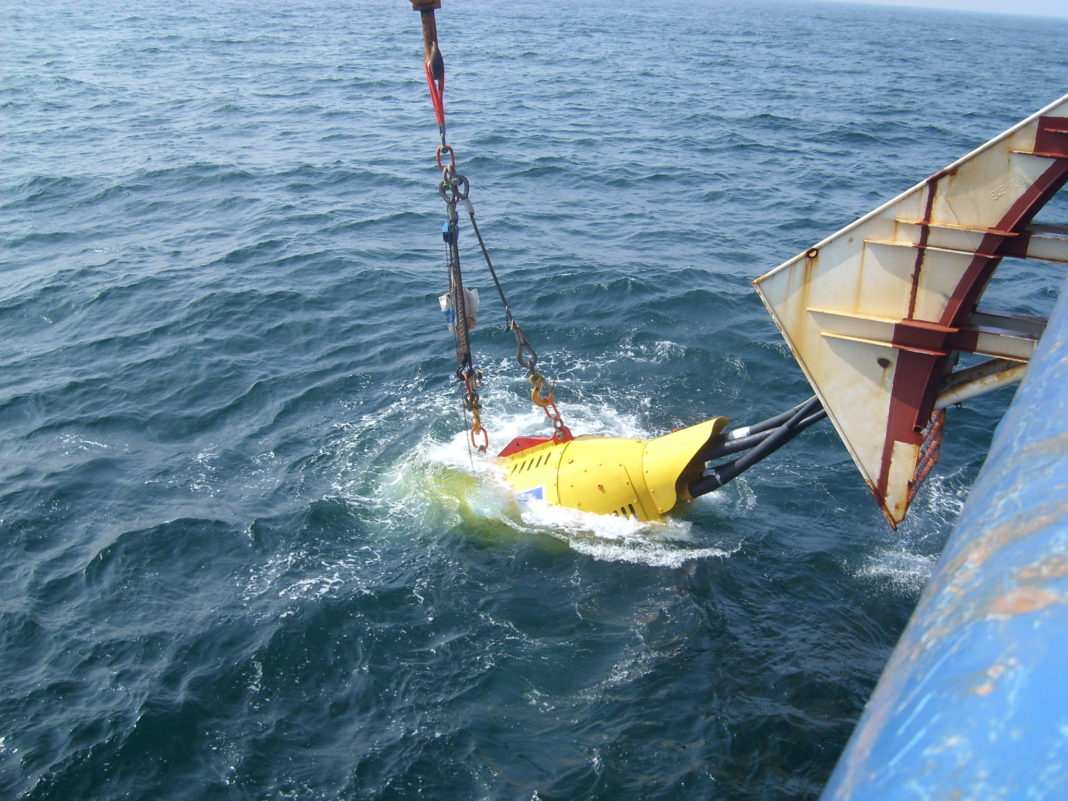
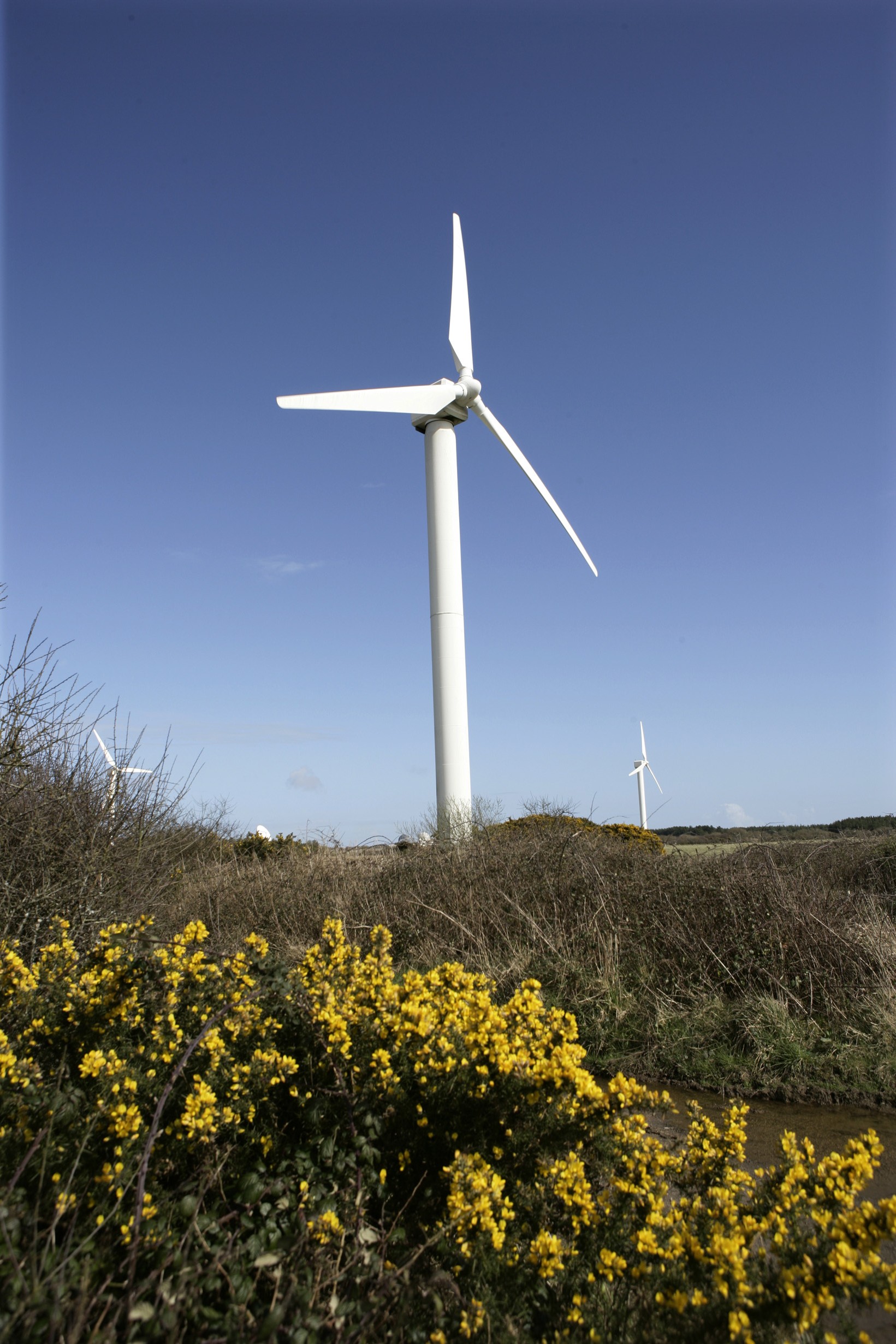



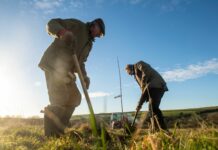
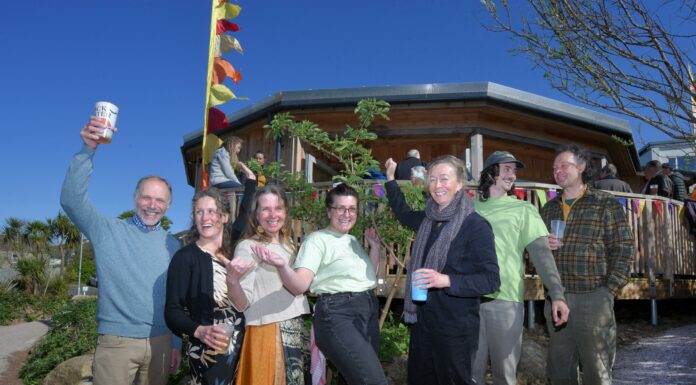


Nice story. I don’t mean to be unduly critical, but is the story about things going on in the duchy, which is largely in Devon, Somerset, and Hereford, or the county? I know the county has a council, but I suspect that the duchy does not.
Comments are closed.